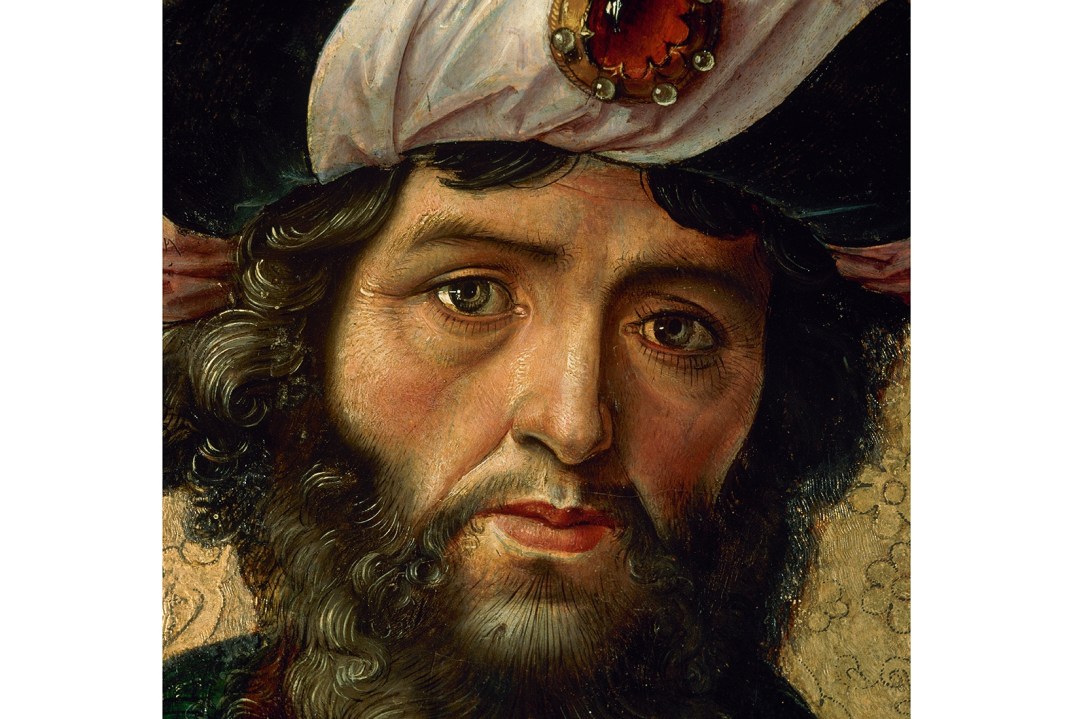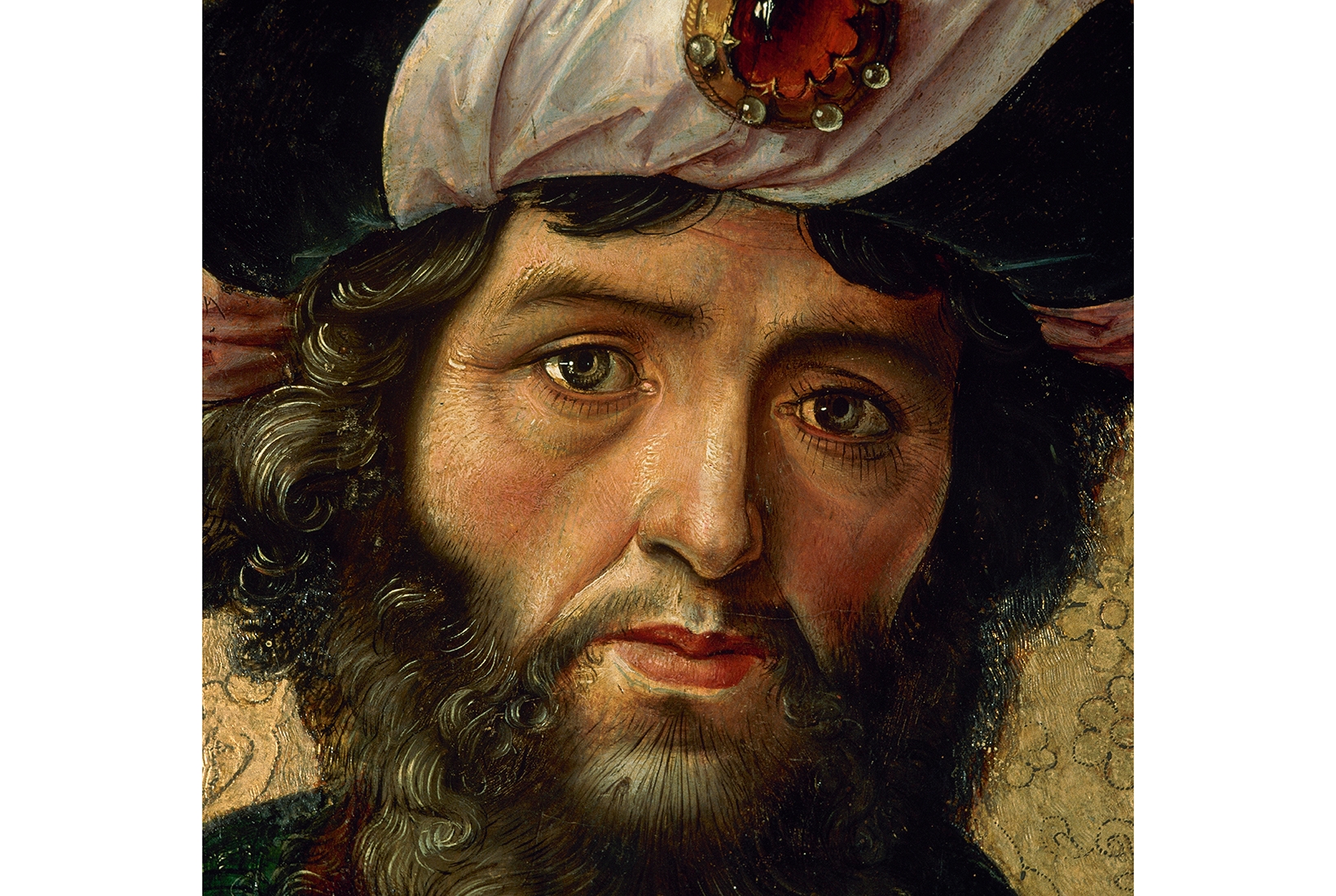Michael Arditti has never held back from difficult or unfashionable subjects. His dozen novels, including the prize-winning Easter, as well as Jubilate, The Breath of Night and Of Men and Angels, explore faith in an increasingly secular modern world. Half a century ago he would have brushed shoulders with Graham Greene and Evelyn Waugh, but the ‘religious novelist’ is today an endangered species.
Critically acclaimed but published by a small imprint, Arditti has an unusual voice and perspective that deserve a larger audience. The Anointed reworks the still familiar Old Testament story of David, the youngest son of a shepherd who fells the mighty Goliath with his sling and goes on to be revered as the all-conquering king who established Jerusalem as the Jewish capital, and, at the start of the New Testament, is an ancestor of Jesus.
The legend loses some of its lustre, however, when the details given in the Books of Samuel are tallied up — of David’s many wives and concubines, his army of children, his flip-flopping allegiances and his cold-hearted amorality that seeks only power. If the Bible account plays down the inherent drama in David’s story, Arditti’s unleashes it and shapes it into an internecine battle.
The role of narrator is shared out between three of David’s ten wives: Michal, the daughter of King Saul, who stays alive only to remind her husband of his infamy towards her family; Abigail, whose tender love is first reciprocated and then discarded, as David begins to believe his own myth; and Bathsheba, spotted while bathing by David — who has to have her, even if it means disposing of her beloved husband. Her revenge on her predator is to raise their son Solomon to eclipse his father.
Rich in history, The Anointed highlights the lost role of women in the foundation stories of the great faiths, and suggests the hidden homoeroticism (between David and Michal’s big brother Jonathan, described in the Old Testament as ‘becoming one in spirit’) lurking in otherwise emotionally inexplicable passages in our holy books.
Most of all, Arditti asks profound questions about those who feel themselves called to lead — whether they be great kings, godlike figures or today’s statesmen and women. What is the human cost incurred when their self-belief slides into self-delusion — for them and for those around them?







Comments